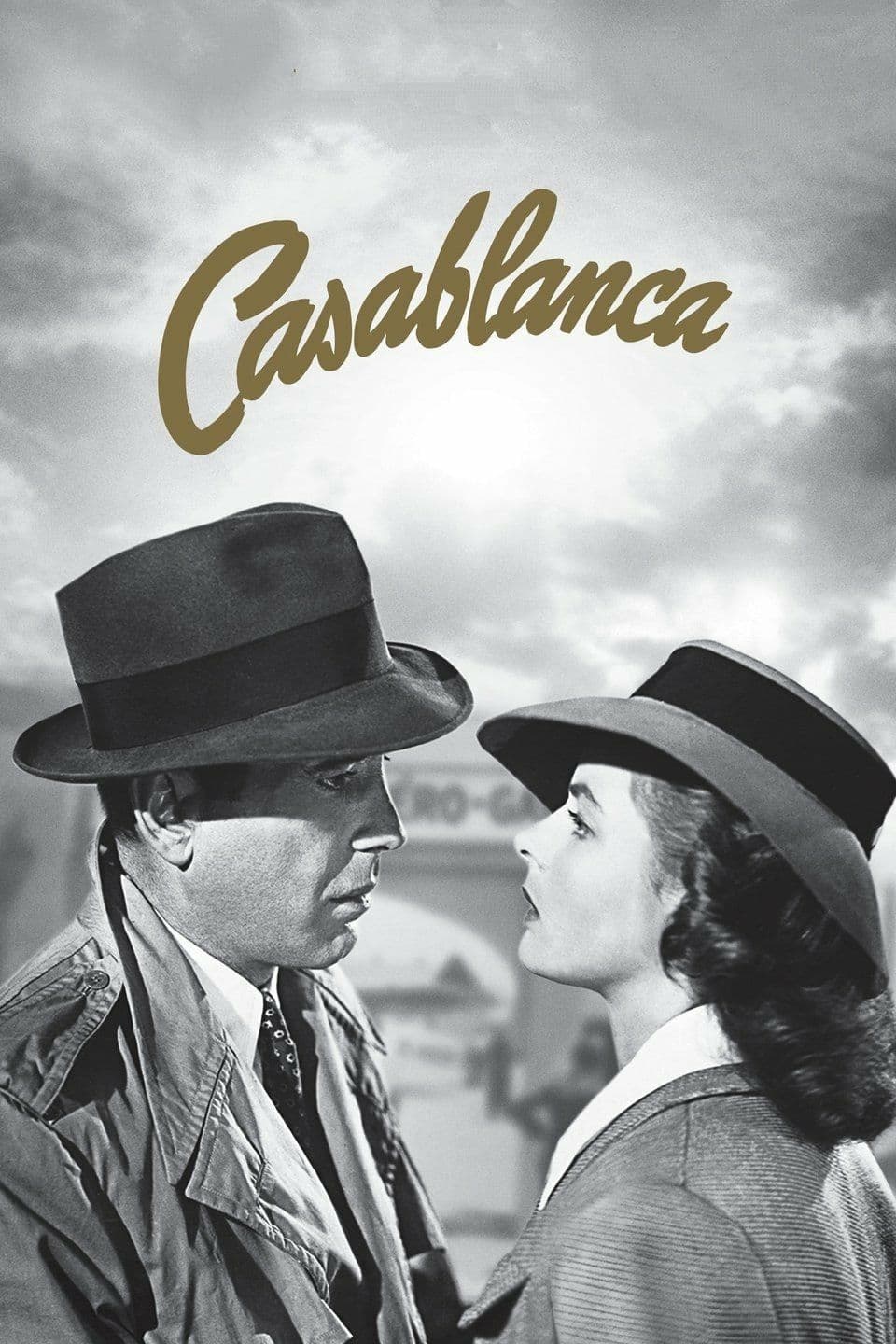
Casablanca
1942
Rate this movie
Average: 5.00 / 5
(1 votes)
Director
When Michael Curtiz yielded to the allure of the Epstein brothers, who had recently completed a script and were desperately searching for a director and producer, the destiny of this cinematic milestone was already sealed. But what then appeared to be a feverish creative odyssey, a veritable narrative quagmire that saw the successive and overlapping contributions of the illustrious pens of Julius and Philip Epstein and Howard Koch, with continuous rewrites and an ending far from decided until the final take, actually proved to be the beginner's luck, or rather, the serene serendipity of a work destined to embody the essence of an era. It was also thanks to producer Hal B. Wallis, whose infallible intuition allowed them to navigate the storms of production, a considerable logistical and artistic undertaking during wartime.
The director immediately realized the potential of the script and the opportunity to capitalize on the historical moment in which the film would be produced, namely the beginning of Nazi expansionism in Western Europe. "Casablanca" was not merely a war film; it was an emotional seismograph of its time, a faithful reflection of the diaspora and disorientation that gripped millions of individuals. The city of Casablanca, under the Vichy regime, thus became a limbo, a purgatory for refugees of every nationality, an epicenter of despair and hope, where a passport equated to salvation and every encounter could conceal a destiny. It is a human fresco that, though set within a specific wartime context, transcends mere chronicle to touch universal chords.
Humphrey Bogart and Ingrid Bergman bring to life an impossible love, born in distant lands and rediscovered among the tables of a Casablanca nightclub. Their alchemy, the result not only of sublime acting but of an intense personal gravitas, elevates the melodrama to a Shakespearean tragedy. Bogart, with his superficial cynicism and tormented gaze, carves out Rick Blaine as the archetype of the reluctant hero, a disillusioned idealist who, beneath his gruff exterior, conceals a heart still capable of deep love and noble sacrifice. Bergman, for her part, imbues Ilsa Lund with an ethereal fragility and an inner strength that make her far more than a mere "damsel in distress"; she is a woman torn between duty and feeling, a moral dilemma that still resonates today. Their relationship is not just a romantic interlude, but the emotional core through which the film explores themes of loyalty, sacrifice, and redemption.
Around this stage, war rages, and the Nazis assume control of all key states for the African theater of war, including Morocco. Rick’s Café Américain is not merely a nightclub; it is a vibrant microcosm, a theater of illusions and disillusions, a precarious refuge for drifting souls, a crossroads of spies, resistance heroes, corrupt officials, and desperate civilians. The genius of the film also lies in its gallery of supporting characters, all memorable and perfectly delineated, from Claude Rains as the ambiguous Captain Renault to Conrad Veidt's cunning Major Strasser, not to mention the visceral Peter Lorre and the colossal Sydney Greenstreet. Every face, every line, contributes to painting a vivid picture of a complex humanity, suspended between fear and the last glimmer of hope.
A great classic that flows like a perfect symphony in which images, plot, and music dynamically merge in sublime harmony. Curtiz's direction, aided by Arthur Edeson's masterful cinematography, makes skillful use of chiaroscuro, borrowed from German Expressionism, which not only gives the film a seductive noir aesthetic but also amplifies the sense of mystery and precariousness. Bergman's close-ups, in particular, are lit with an almost painterly sensibility, conferring upon her an ethereal and vulnerable aura. The syncopated rhythm of the dialogue, with its lines now part of common parlance, marries with the growing tension of the narrative, creating an immersive cinematic experience that is simultaneously a romantic melodrama, a spy thriller, and a war drama.
It should be noted that Curtiz, true to his aesthetic ideal of polished cinematic beauty, does not succumb to the allure of a narrative swollen with patriotism but remains focused on the love story, keeping a sideways glance at the surrounding historical events. This refined anti-rhetorical sensibility is what has made "Casablanca" a timeless work. It is not a propaganda anthem, but a sublimation of personal drama within the context of a global conflict. True heroism is not exhibited with flags and pompous speeches, but manifests in silent sacrifice, in painful choice, and in self-renunciation for a greater good. The film offers a non-negotiable moral code, where freedom and justice prevail over mere personal desire, a message of hope that never falls into facile optimism.
Its language is never one of condemnation but of languid melancholy. An elegiac melancholy that permeates every scene, every glance, every note of Max Steiner. It is the melancholy of farewell, of regret for what has been and can no longer be, but also the bittersweet melancholy of an uncertain future yet laden with a renewed sense of duty. Rick's final choice, that of renouncing his love for a greater ideal, is not a defeat, but the highest act of love, a gesture that elevates the character to an immortal icon.
Highlighted is the scene where Ilsa asks the pianist Sam to play "their" song with the proverbial words: "Play Sam. Play As time goes by." Oh yes, play it again, Sam... This sequence, imbued with devastating emotional power, is the musical epitaph of a love lost and found. The melody of "As Time Goes By," with its nostalgic lyrics, becomes the very symbol of memory, longing, and ineluctable destiny. And that "Play it again, Sam," despite being one of the most famous yet erroneously remembered quotes in cinema history (the exact phrase is never spoken that way), perfectly embodies the cultural impact of a film whose lines have penetrated so deeply into the collective imagination as to transcend the film itself. "Casablanca" is more than a film; it is a monument to the resilience of the human spirit, a work of art that continues to resonate, "as time goes by," with its eternal beauty and touching truth.
Country
Gallery
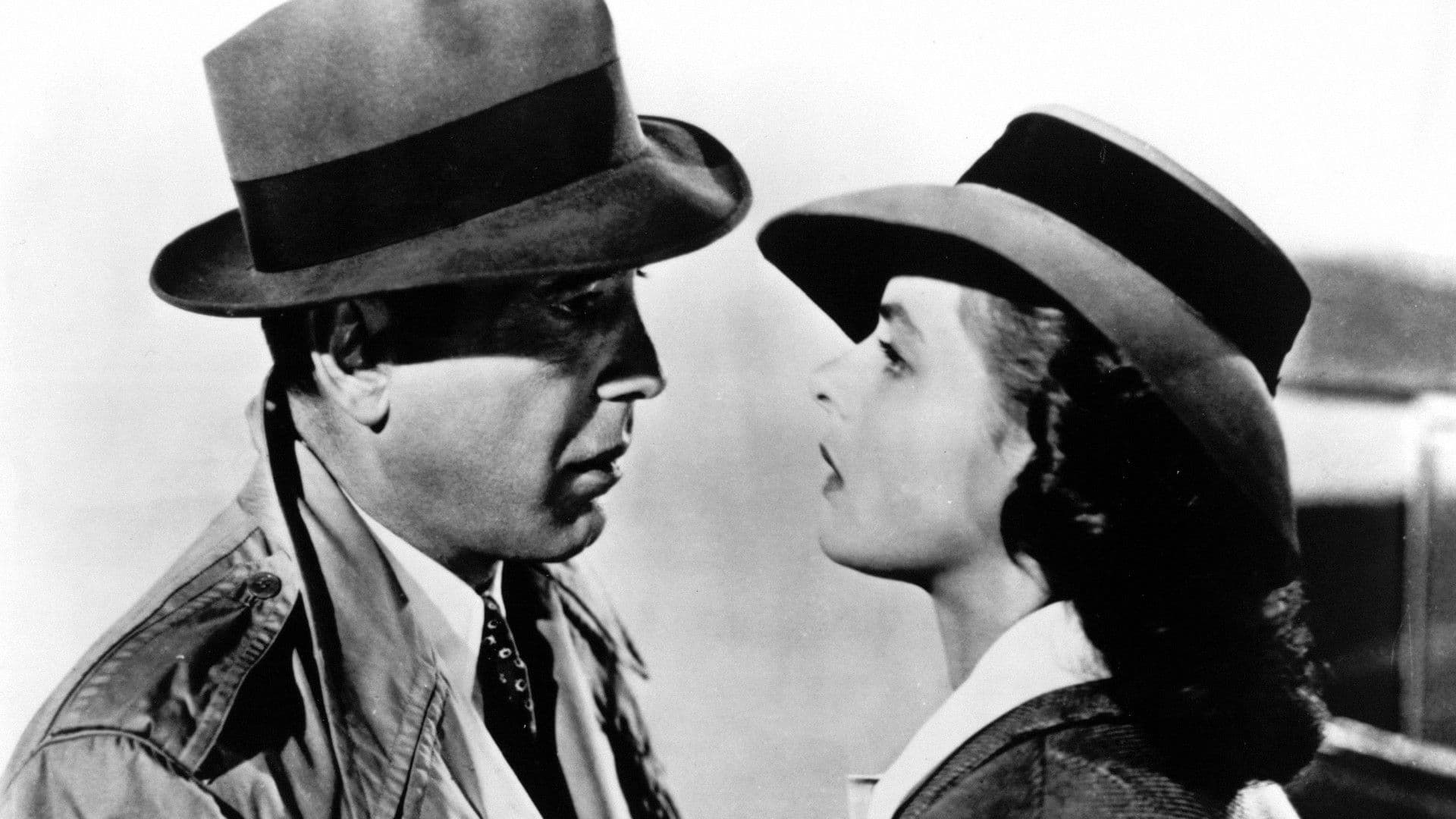
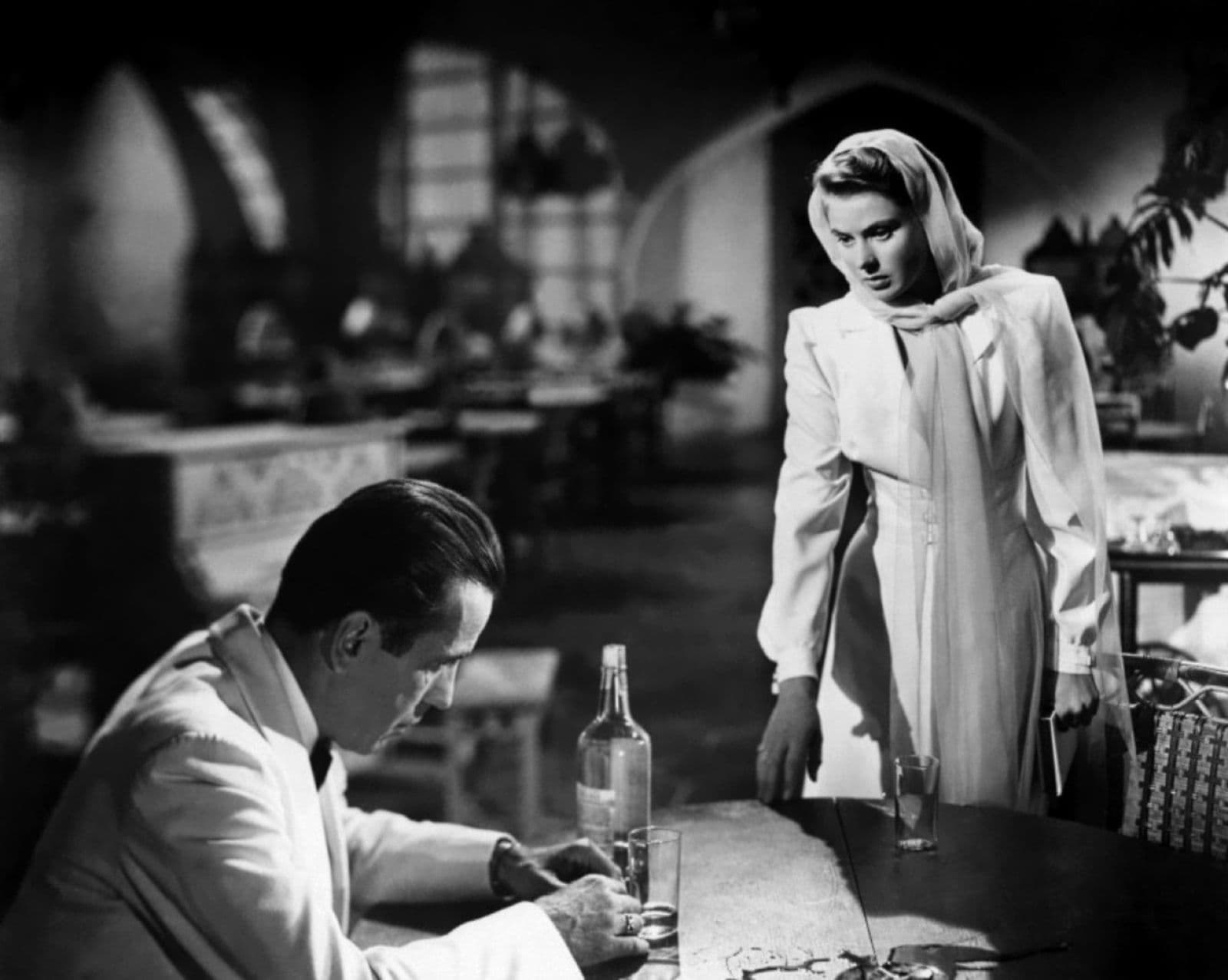
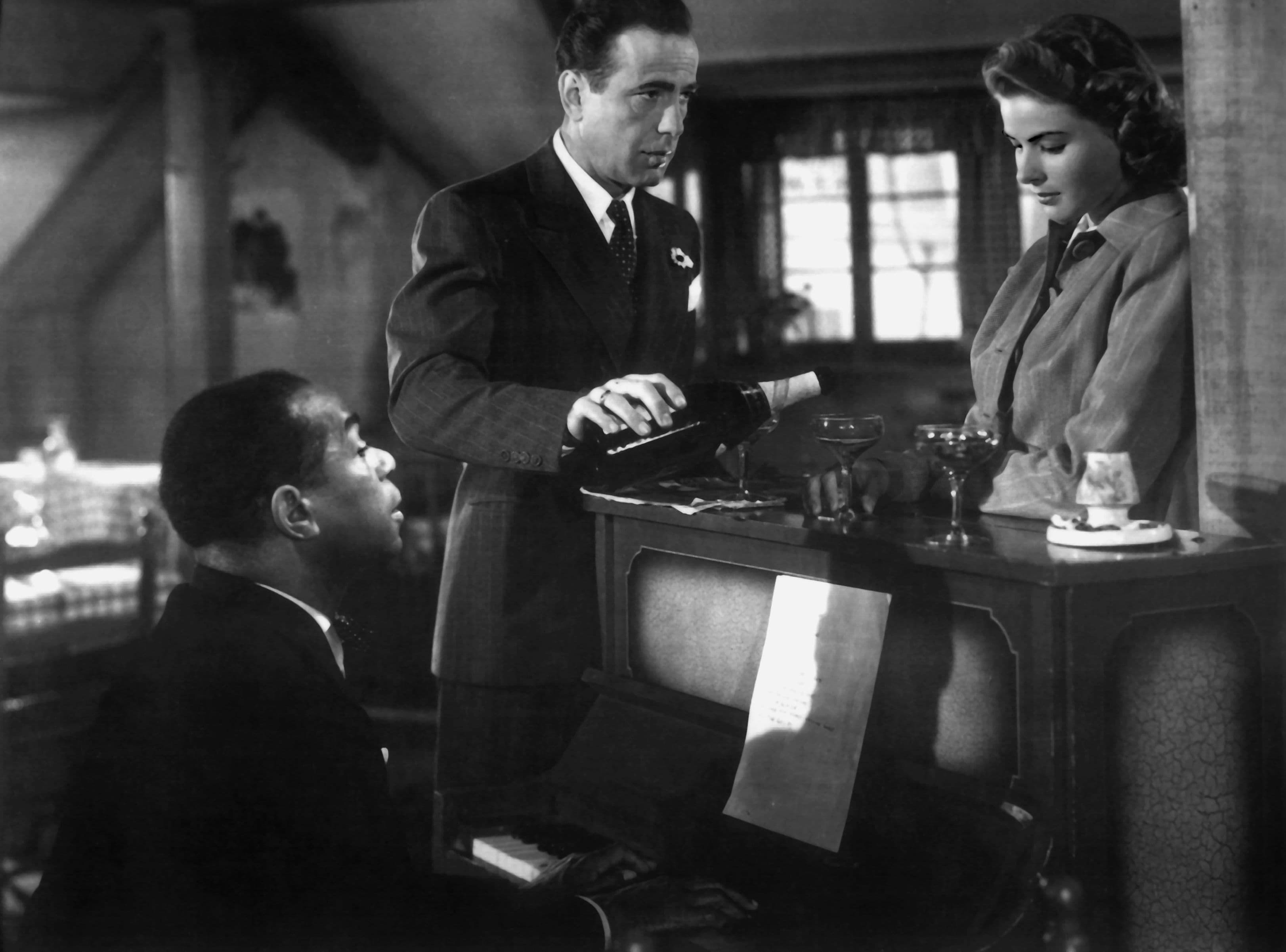


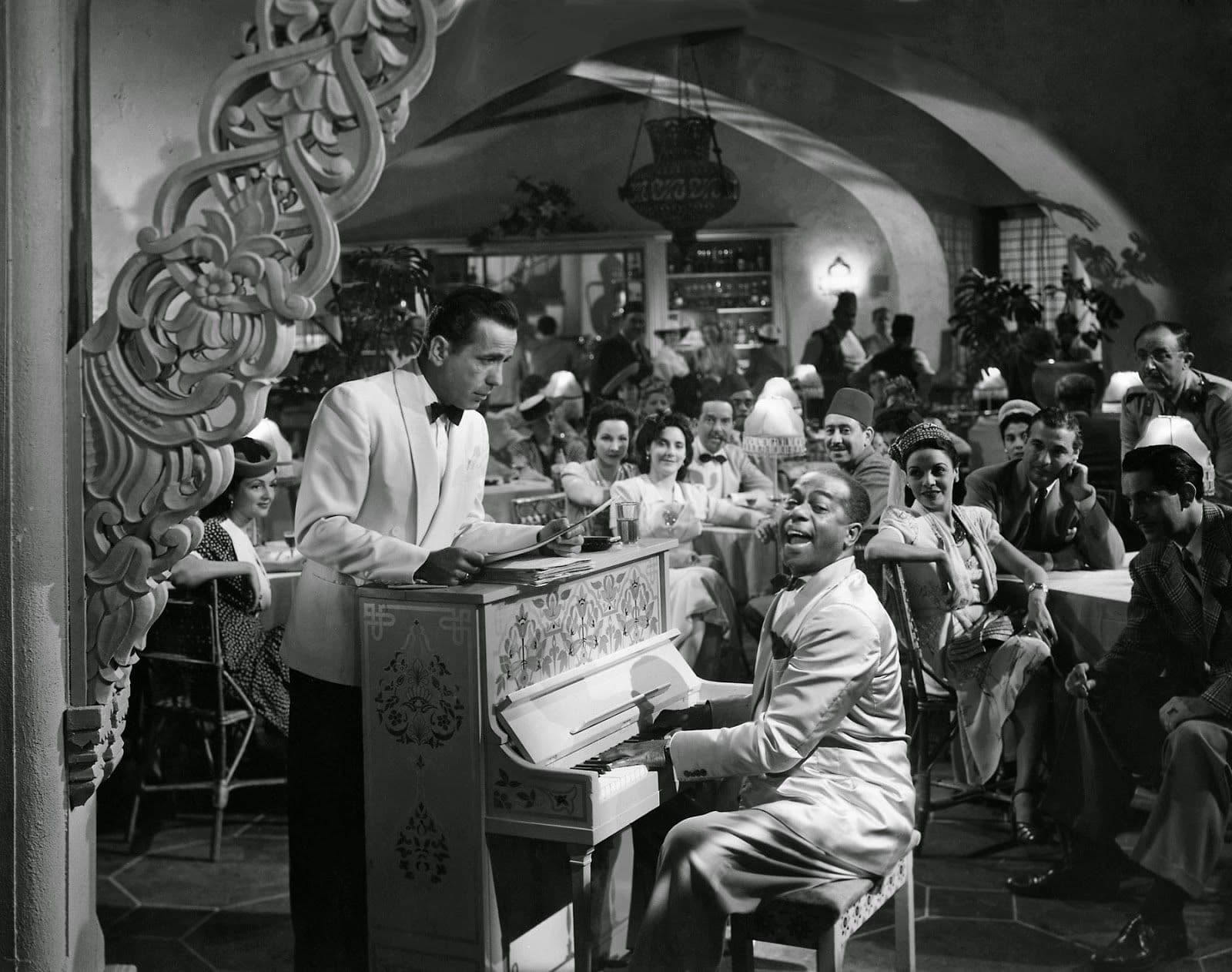
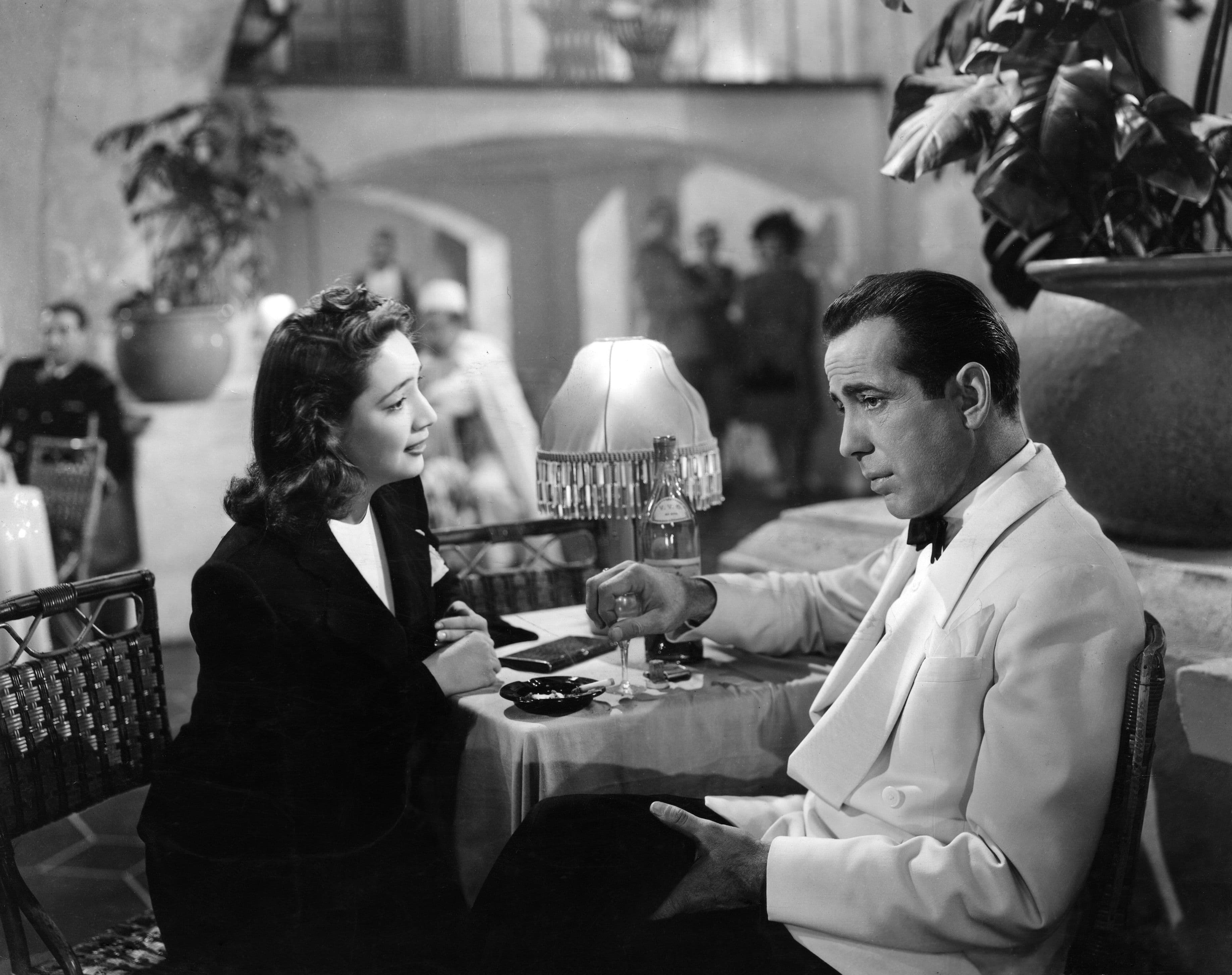

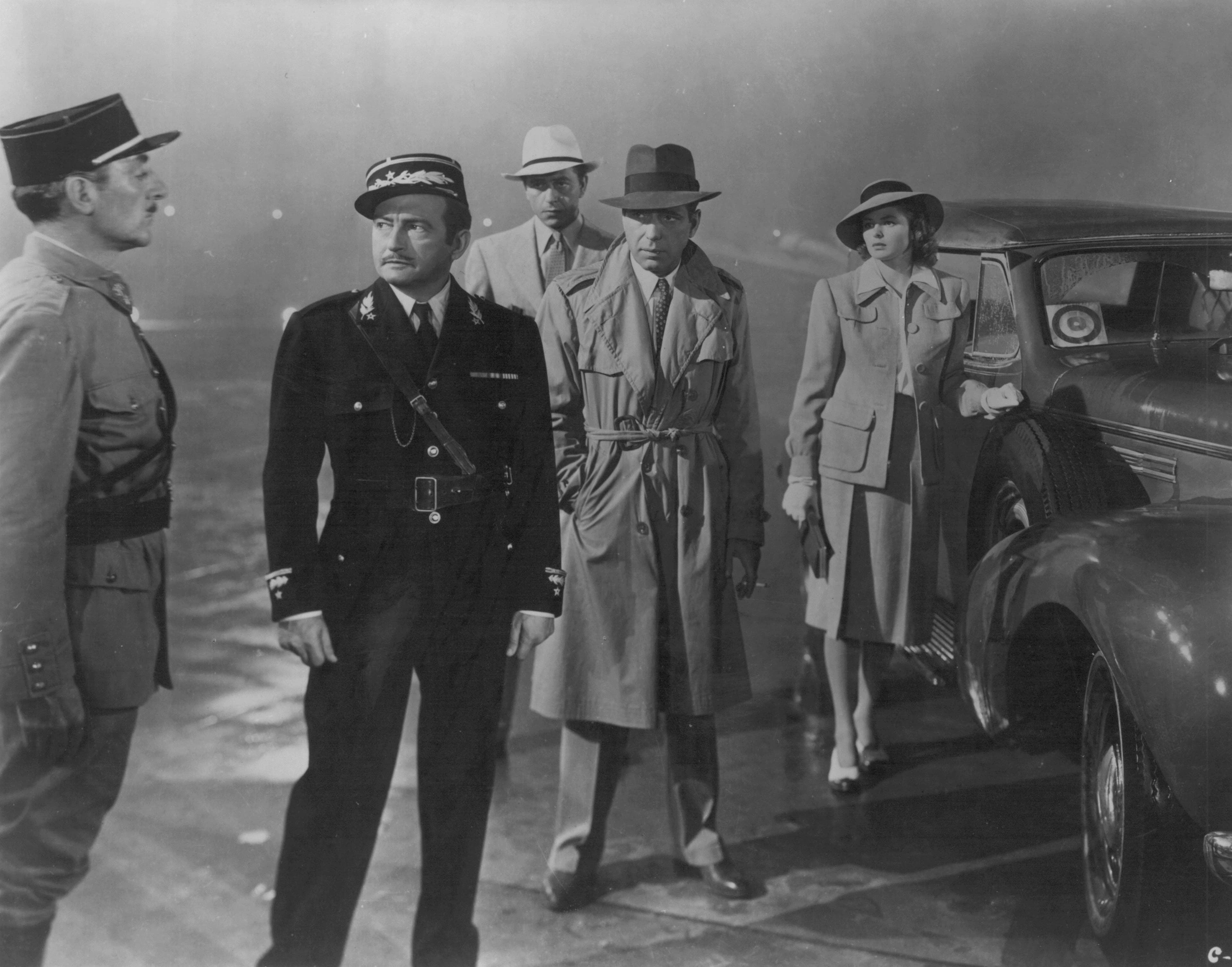
Comments
Loading comments...